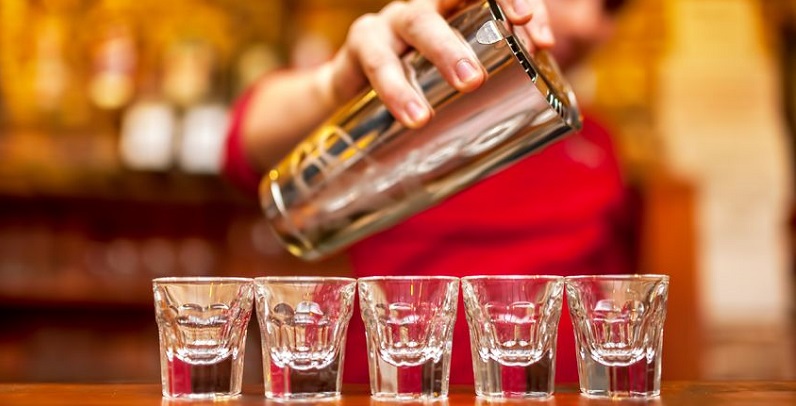In 2011, the Colorado Supreme Court held that vendors are liable for personal injuries and accidents if they sell or provide alcohol to an obviously intoxicated person or a minor, even if the subsequent injury was not a foreseeable consequence of intoxication.
Dram Shop Laws Hold Those Who Continue to Serve Those Already Drunk Responsible for Personal Injuries
To say that Jason Coy had a few beers during a Denver Broncos game at Sports Authority Field at Mile High on October 25, 2016, is a bit of an understatement. With a blood alcohol concentration of 0.171 (more than twice the legal limit), the father of five slid down a handrail after the game, lost his balance, fell 60 feet, and died from his injuries the following day.
A little over one year later, his family has filed a lawsuit against the stadium, the companies associated with game day activities, and three beer vendors who served Coy alcohol that night. The case is expected to explore several issues, including:
- Did the stadium need to have more warnings directing fans to be careful walking down the stairs?
- Would more signs have made a difference?
- At what point are people accountable for their own actions, including getting drunk at a football game?
Coy is the second person to experience a serious fall at Mile High since 2015. At the Broncos’ season opener on Sept. 13, 2015, a man was critically injured when he fell off a landing while trying to retrieve a friend’s hat that had blown off. Police described him as being “highly intoxicated.”
Colorado Dram Shop Laws Hold Bars and Vendors Responsible
Most states have what are known as dram shop laws that prohibit the sale of liquor to anyone who is already intoxicated. Dram shop lawsuits can be brought against a bar, restaurant, vendor, or other establishment that sells alcoholic drinks to someone who was already drunk and subsequently gets into an accident.
Under Colorado law, businesses can be held liable if they sell or provide alcohol to a minor under age 21 or a visibly intoxicated person who subsequently injures another person. In 2011, the Colorado Supreme Court held that vendors are liable if they sell or provide alcohol to an obviously intoxicated person or a minor, even if the subsequent injury was not a foreseeable consequence of intoxication.
What Does It Mean to Be Visibly Intoxicated?
“Visibly intoxicated” is a somewhat subjective term used to describe someone who is clearly intoxicated to the point that they may be considered a danger to themselves or others. If someone is exhibiting slurred speech, staggering, confusion, trouble standing up, or difficulty walking, a bartender or vendor is required to decide whether to continue serving alcoholic drinks to that person.
Although this sounds like a simple call, it can be complicated in practice, particularly if the customer was drinking on an empty stomach, had a low tolerance for liquor, or was already drunk before coming to the establishment. A server who continues to provide alcohol to an intoxicated person who has suggested that he or she plans to drive home from the bar could be considered to be knowingly increasing the chances of personal injury or accident.
Knowing When to Say No Not Easy
It is often difficult to prove that a patron was over served, since a server or vendor will argue that it is unreasonable to expect him or her to know that the person was drunk. But if you or a loved one suffered harm due to a server’s inexperience or negligence, it might be worth your while to speak to an experienced Colorado personal injury attorney.

